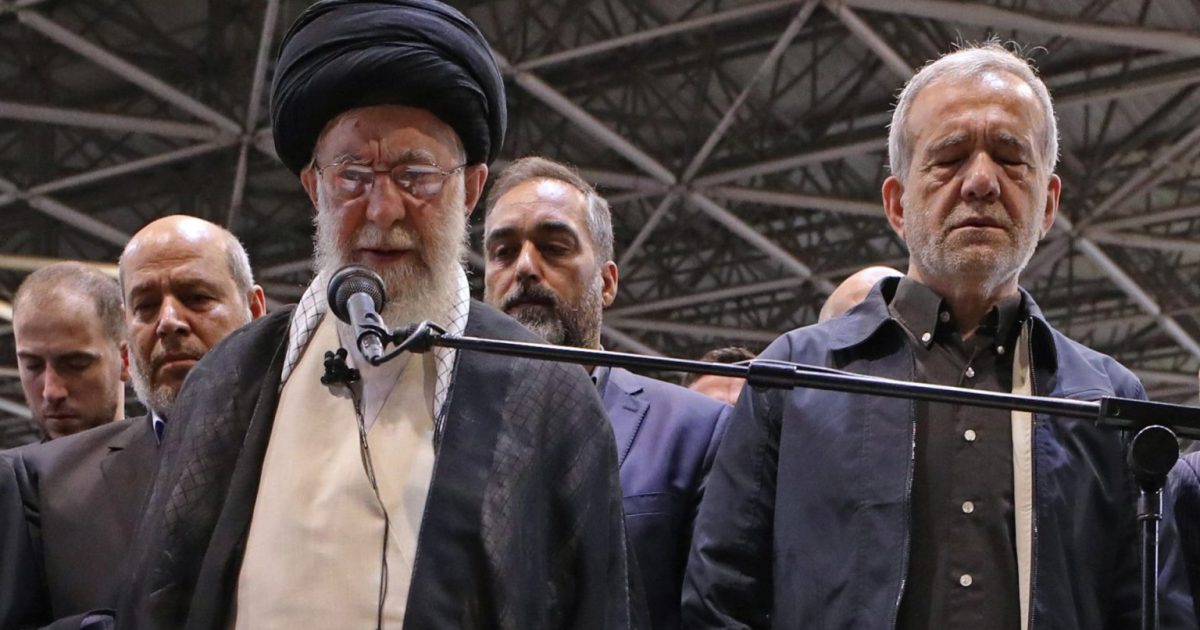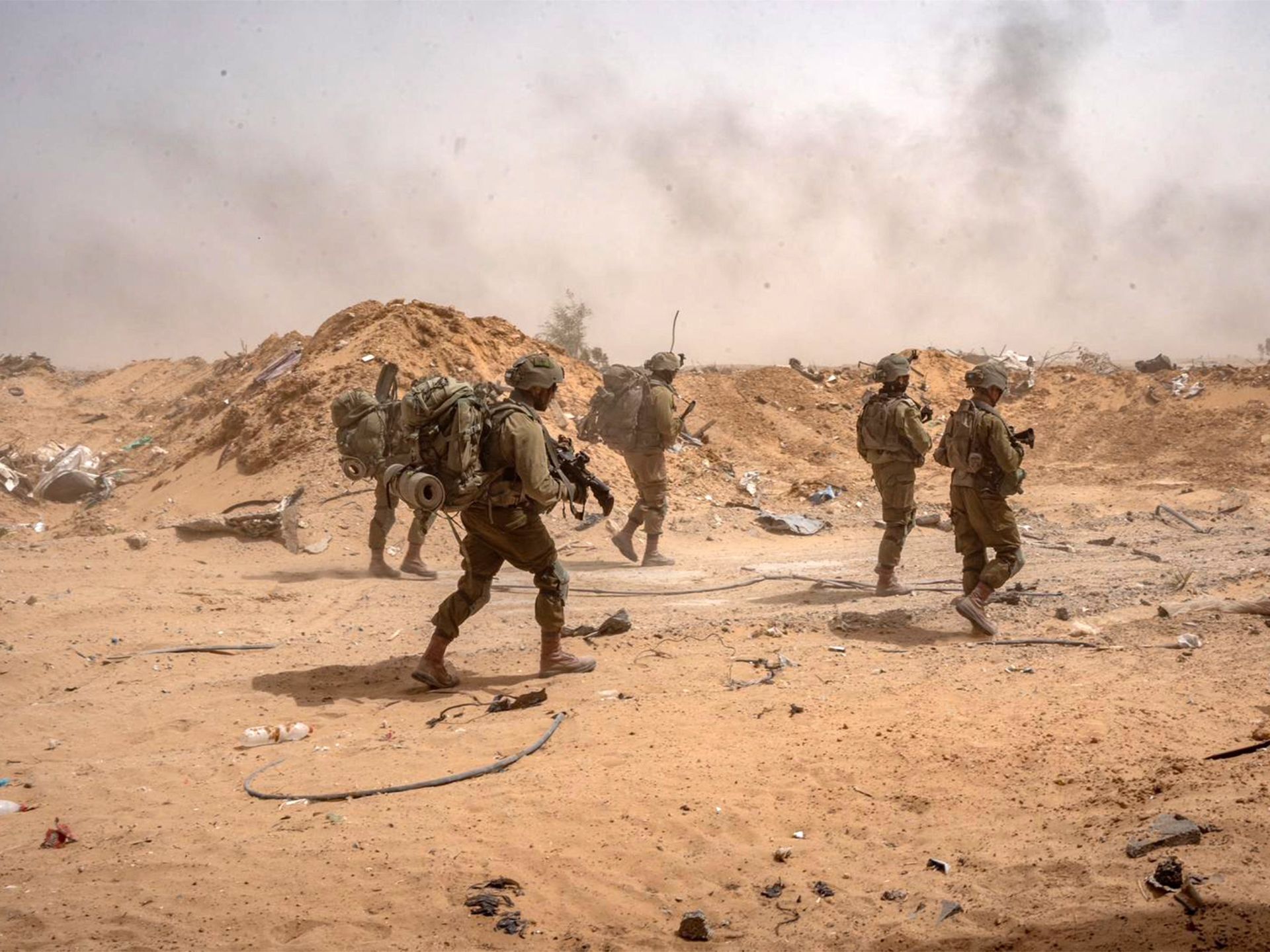Iran’s Threat to Strike Israel: A Saga of Two Hopes
Background:
In the wake of Israel’s assassination of Ismail Haniyeh in Tehran, Iran has vowed retaliation. The world awaits with bated breath, pondering the potential implications of this escalating conflict.
Hopes and Speculations:
Amidst the uncertainty, two contrasting hopes emerge in the Arab and Muslim world. One faction clings to the desire that Iran will refrain from responding, while the other anticipates an inevitable reprisal.
Hope for Iran’s Abstinence:
Those who hope for Iran’s non-retaliation harbor both political and religious motivations. They yearn for Iran’s humiliation, in accordance with their longstanding belief that Iran and Israel are colluding against the Arab world. They further assert that Iran’s reluctance to intervene will justify their own inaction towards the plight of Palestinians in Gaza.
Additionally, they seek to distance themselves from any perceived responsibility for Haniyeh’s assassination, arguing that he sought refuge in Iran at his own peril.
Hope for Iran’s Retaliation:
Adherents of this perspective encompass a diverse spectrum of backgrounds. Some are driven by sectarian loyalties, while others embrace the notion of resistance as a path towards liberation. Both groups view Iran’s response as a crucial test of strength and defiance against Israeli aggression.
Underlying Agendas:
The hope for Iran’s non-response masks an underlying agenda of escapism and acquiescence. Proponents of this view prioritize their own comfort and security at the expense of principled solidarity with the oppressed.
Conversely, those who anticipate Iran’s retaliation do not hold Iran’s policies or actions in high regard. Rather, they see it as a symbol of resistance against Western dominance and Israeli aggression.
Regional Implications:
Iran’s decision will have profound implications for the balance of power in the Middle East. Its non-response could embolden Israel and weaken the perception of Iranian influence. Conversely, a reprisal could potentially escalate into a regional conflict, redrawing geopolitical boundaries and redistributing power dynamics.
The Nuclear Dilemma:
Some speculate that Israel might resort to nuclear weapons in response to an Iranian attack. However, such a scenario would likely trigger a devastating chain reaction, engulfing the region in catastrophic consequences. The West, as Israel’s main benefactor, would face a difficult choice in managing this crisis.
Missed Opportunities:
The current impasse highlights the missed opportunities of the past. Had Arab nations developed their own nuclear deterrent in response to Israel’s acquisition of such weapons, the region might not be grappling with this precarious balance of power.
Conclusion:
The world anxiously awaits Iran’s response to Israel’s aggression. The outcome will have far-reaching consequences for the Middle East and beyond. While the hopes and fears of different factions vary, one thing is clear: the stakes are higher than ever before.
Only time will tell whether Iran will choose to defy its adversaries or to prioritize stability and avoid further escalation. The future of the region hangs precariously in the balance.



